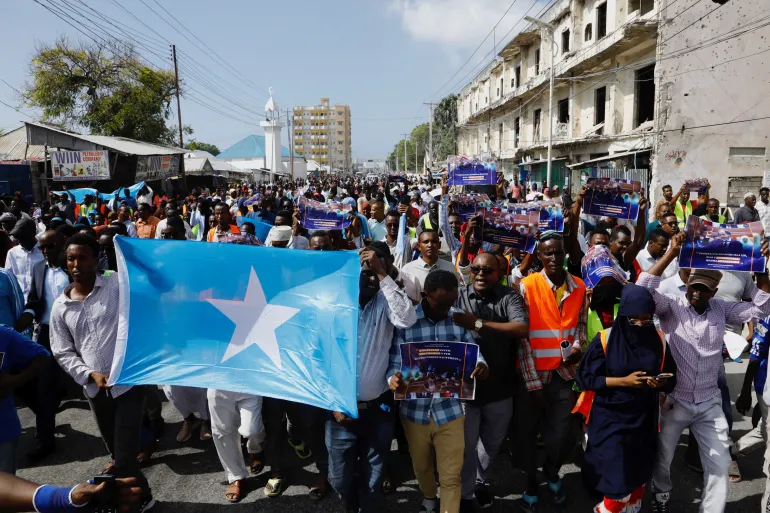In recent events in the Horn of Africa, the resignation of Somaliland’s Defence Minister, Abdiqani Mohamoud Ateye, has drawn attention to a controversial agreement with Ethiopia. This diplomatic development, which unfolded on January 1, prompts a closer look within the broader context of regional geopolitics.
At the heart of the matter is an undisclosed Memorandum of Understanding (MoU) between Somaliland and Ethiopia, contributing to speculation and heightened tensions. Ateye’s resignation highlights potential governance challenges within Somaliland, signaling internal communication discrepancies.
Adding to the complexity is the disputed leasing of Somaliland’s coastline to Ethiopia, triggering a strong response from Somalia, which asserts Somaliland as an integral part of its territorial integrity. Somalia’s condemnation of the agreement as an act of aggression, coupled with the recall of its ambassador from Addis Ababa and public protests in Mogadishu, emphasizes the gravity of this engagement.
Further complicating the situation is Somaliland’s claim that Ethiopia has committed to recognizing its sovereign status in the future. If confirmed, this assertion carries significant implications for Somaliland’s longstanding pursuit of international recognition since its declaration of independence in 1991. Ethiopia’s hesitancy to confirm this commitment, coupled with its vague mention of provisions for an “in-depth assessment,” introduces additional uncertainty.
The geopolitical significance of this diplomatic challenge is accentuated by Ethiopia’s status as a landlocked nation. Prime Minister Abiy’s emphasis on maritime access as an existential issue further emphasizes the strategic imperative for Ethiopia, particularly following the loss of ports during Eritrea’s secession in the early 1990s.
The international response has been cautious, with the African Union’s call for calm and mutual respect acknowledging the broader ramifications for regional stability. The United States, expressing concerns over Ethiopia’s potential recognition of Somaliland’s independence, highlights the ripple effect of this diplomatic episode across international corridors.
Essentially, this diplomatic situation brings together intricate geopolitical factors, historical influences, and regional dynamics. The undisclosed nature of the Somaliland-Ethiopia agreement calls for a thorough examination of its impact on the stability of the Horn of Africa. The consequences of this diplomatic endeavor extend beyond mere bilateral relations, creating ripples in the complex fabric of regional geopolitics and prompting a careful exploration.


